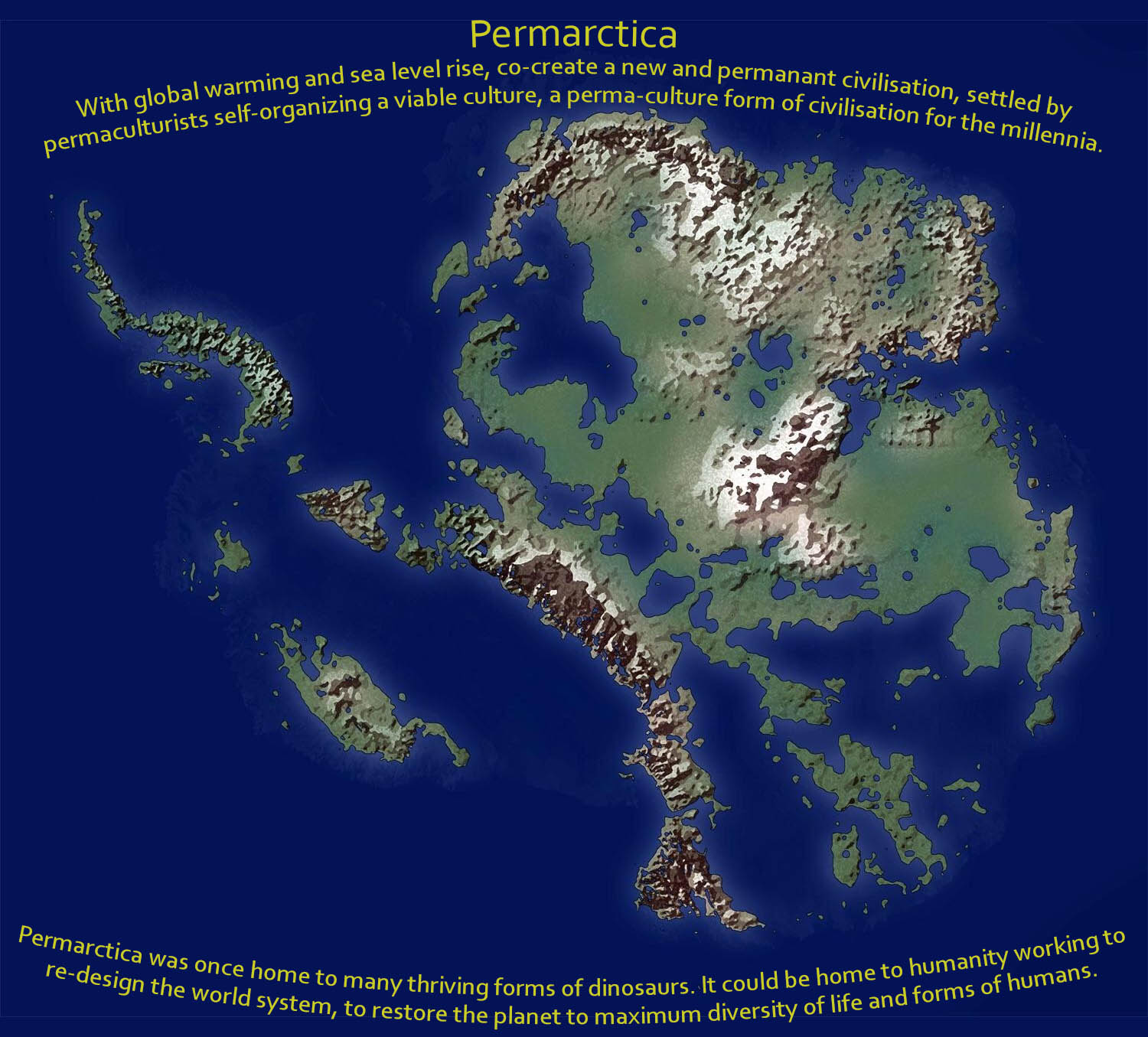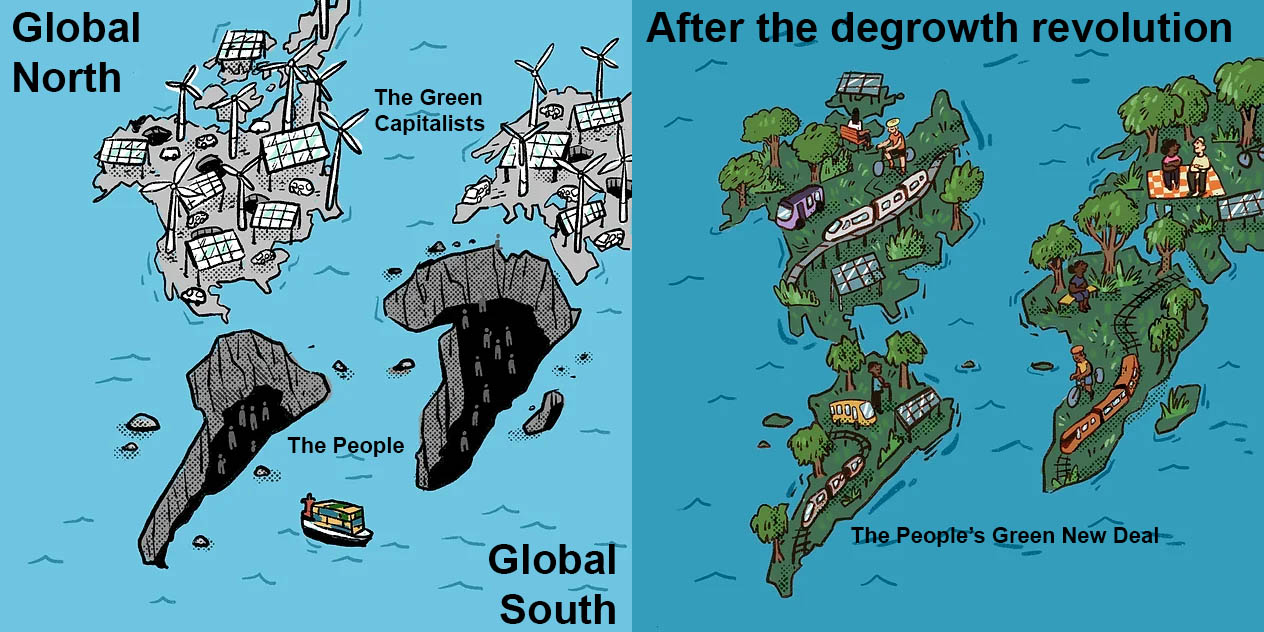
SUNDAY, JAN 15, 2023: NOTE TO FILE

Gaia Education Lessons
A short 8-week course in ecological design
Introduction
Lesson 1: Welcome to the Anthropocene
Lesson 2: A Systemic Crisis Requires a Systemic Approach
Lesson 3: The Regenerative Design Revolution
Module 1: Whole-Systems Approach to Ecological Design
Lesson 1: Introduction
Lesson 2: Ecology and the Whole-Systems Approach
Lesson 3: Different Streams of Ecological Design
Lesson 4: Permaculture
Lesson 5: The Transition Town Network
Lesson 6: Ecological Economics
Lesson 7: Restorative Environmental Design
Lesson 8: The Ecological Footprint
Lesson 9: Ecological Engineering
Lesson 10: A Systemic Biosphere Crisis
Lesson 11: Our Carbon Footprint
Lesson 12: Scale-linking designs for communities, cities and bioregions
Lesson 13: Conclusion
Module 2: Appropriate Techonology: Water
Lesson 1: Introduction
Lesson 2: The Whole-Systems Approach
Lesson 3: Bioregional Watershed Management and Mapping Your Water Supply
Lesson 4: Whole systems approach to Domestic and Community Water
Lesson 5: Composting toilets
Lesson 6: Ecological Engineering for Water
Lesson 7: Nitrification and Denitrification
Lesson 8: The Rhizosphere in Wetlands Wastewater Treatment
Lesson 9: Constructed wetlands
Lesson 10: Lagoon and tank based treatment
Lesson 11: Tank based systems
Lesson 12: The food chain reactor
Lesson 13: Biogas digesters
Lesson 14: Conclusion
Lesson 15: Appendix
Module 3: Local food systems
Lesson 1: Introduction
Lesson 2: The Rationale For Regenerative Agriculture
Lesson 3: Biodiversity and the soil microbiome
Lesson 4: The soil microbiome and the nutrient cycles
Lesson 5: Seed diversity and food sovereignty
Lesson 6: The industrialization of agriculture
Lesson 7: The potential of carbon sequestration and mitigation of climate change
Lesson 8: Whole Systems Approach
Lesson 9: Permaculture design system
Lesson 10: Organic farming
Lesson 11: Holistic management
Lesson 12: Agroecology and food forests
Lesson 13: Agroforestry
Lesson 14: Syntropic agriculture
Lesson 15: Regenerative agriculture
Lesson 16: Application of Sustainable Design Solutions
Lesson 17: Seedballs
Lesson 18: Vetiver and biochar
Lesson 19: Mycorestoration
Lesson 20: Aquaponics
Lesson 21: Seasonal cultivation
Lesson 22: Landscape based approaches
Lesson 23: Sustainable Food Systems
Lesson 24: Nutrient rich plant crops
Lesson 25: Community supported and urban agriculture
Lesson 26: Local farmers markets
Lesson 27: Slow food movement
Lesson 28: Bioregional and sustainable food systems
Lesson 29: Design process and case studies
Lesson 30: Conclusion
Module 4: Appropriate Technology: Energy
Lesson 1: Introduction
Lesson 2: The Rationale for a Paradigm Shift in Energy
Lesson 3: Whole Systems Thinking Approach for Energy Supply
Lesson 4: Energy Generating Technologies
Lesson 5: Energy Efficient Technologies
Lesson 6: Sustainable Energy Alternatives
Lesson 7: Wind power
Lesson 8: Photovoltaic and Solar-Thermal Energy
Lesson 9: Solar Electric (PV - Photovoltaic) and Solar Thermal
Lesson 10: Biomass Heating
Lesson 11: Hydroelectric Generation
Lesson 12: Nano & Micro Hydro
Lesson 13: Marine Energy
Lesson 14: Biofuels
Lesson 15: Sustainable Transport Options
Lesson 16: Conclusion
Module 5: Green Building and Retrofitting
Lesson 1: Introduction
Lesson 2: Whole Systems Thinking Approach
Lesson 3: Bioclimatic Strategies
Lesson 4: Conservation Strategies
Lesson 5: Waste management strategies
Lesson 6: Social strategies
Lesson 7: Sustainable spatial strategies
Lesson 8: Integrated infrasructure systems
Lesson 9: Sustainable drainage systems
Lesson 10: Green urbanism
Lesson 11: Sustainable Building Design Strategies
Lesson 12: Sustainable Design Integration
Lesson 13: Ecological Economics applied to the built environment
Lesson 14: Retrofitting Suburbia
Lesson 15: Sustainable Eco-Home And Ecovillage Designs
Lesson 16: Conclusion
- Jan 9 to Jan 16 - Module 1 - Whole systems approach to ecological design
- Jan 17 Jan 24 - Module 2 - Appropriate Technology: Water
- Jan 25 to Feb 1 - Module 3 - Local Food Systems
- Feb 2 to Feb 9 - Module 4 - Appropriate Technology: Energy
- Feb 10 to Feb 17 - Module 5 - Green Building and Retrofitting
- Feb 18 to March 3 - Work on design and report
- March 6: course closes
The above are the foundations of the Gaia Education course in Ecological Design. Moudles 2 to 5 are applications, If the foundations are sound, then sound applications may follow. I may not give the applications a careful hearing, and so will offer as PDF files without any comments or corrections.
Module 1: Whole-Systems Approach to Ecological Design
Module 2: Appropriate Technology: Water
Module 4: Appropriate Technology: Energy
Module 5: Green Building and Retrofitting
Design Project: Permarticta

SUBNOTE TO FILE 2/4/23
I posted as an extra to the general discussion forum. I know a rebuttal is being written and if it is published before the course ends, I may share it too. The Gaia Education is a Master of Arts offering and mostly science-blind, offering many 'new ideas' provided they feel good and confirm bias (consensus narrative).
Yes, we have enough materials to power the world with renewable energy
Yes, we have enough materials to power the world with renewable energy [link]
Note to web designer: hyperlinks should be indicated (underline, noticeable color difference) other than that the mouse pointer changes on mouse over.

